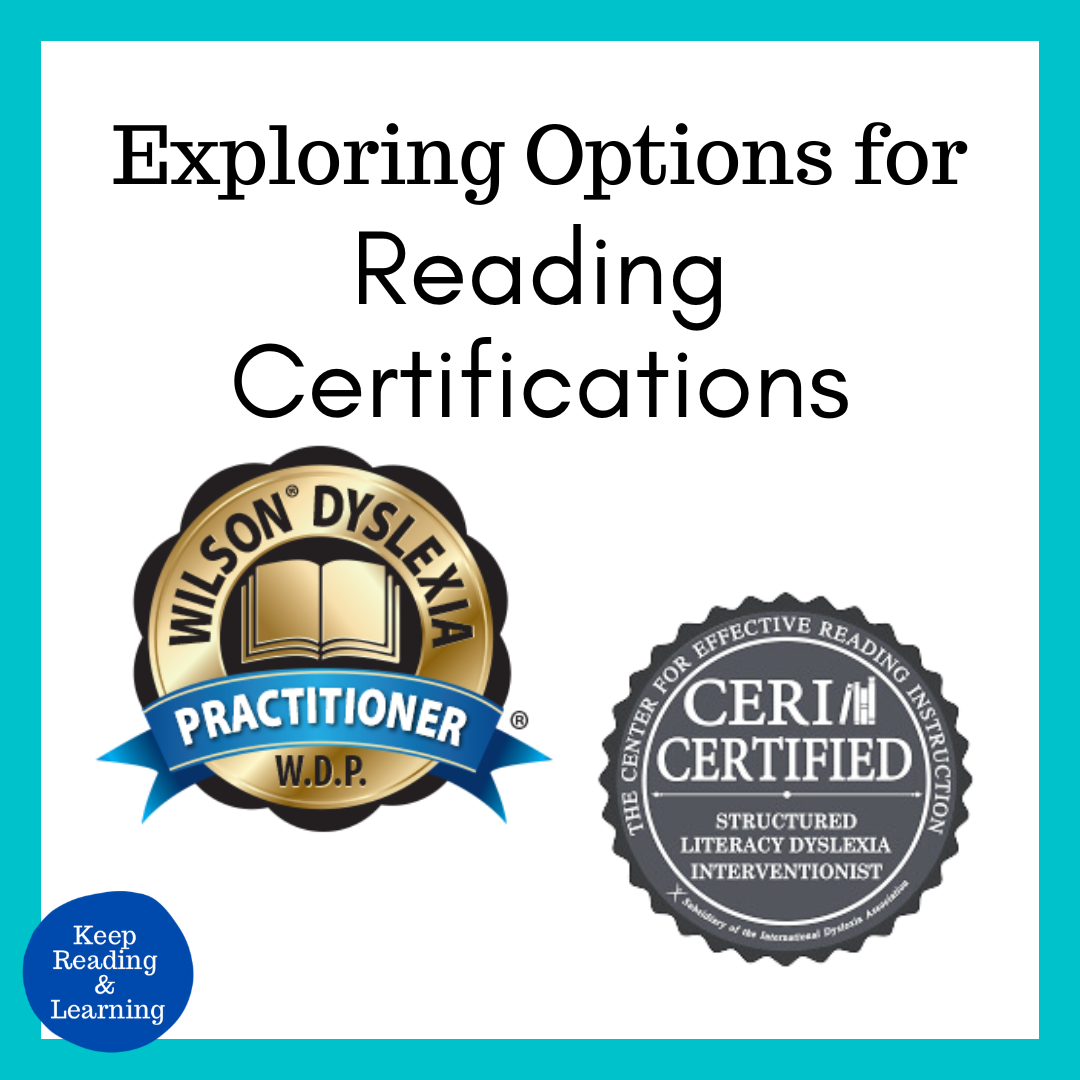Are you passionate about the science of reading research and interested in pursuing additional certification?…
Tag: science of reading

Top 10 Books for Learning About the Science of Reading
This month, I’m sharing a list of my favorite science of reading books. Around 2012,…
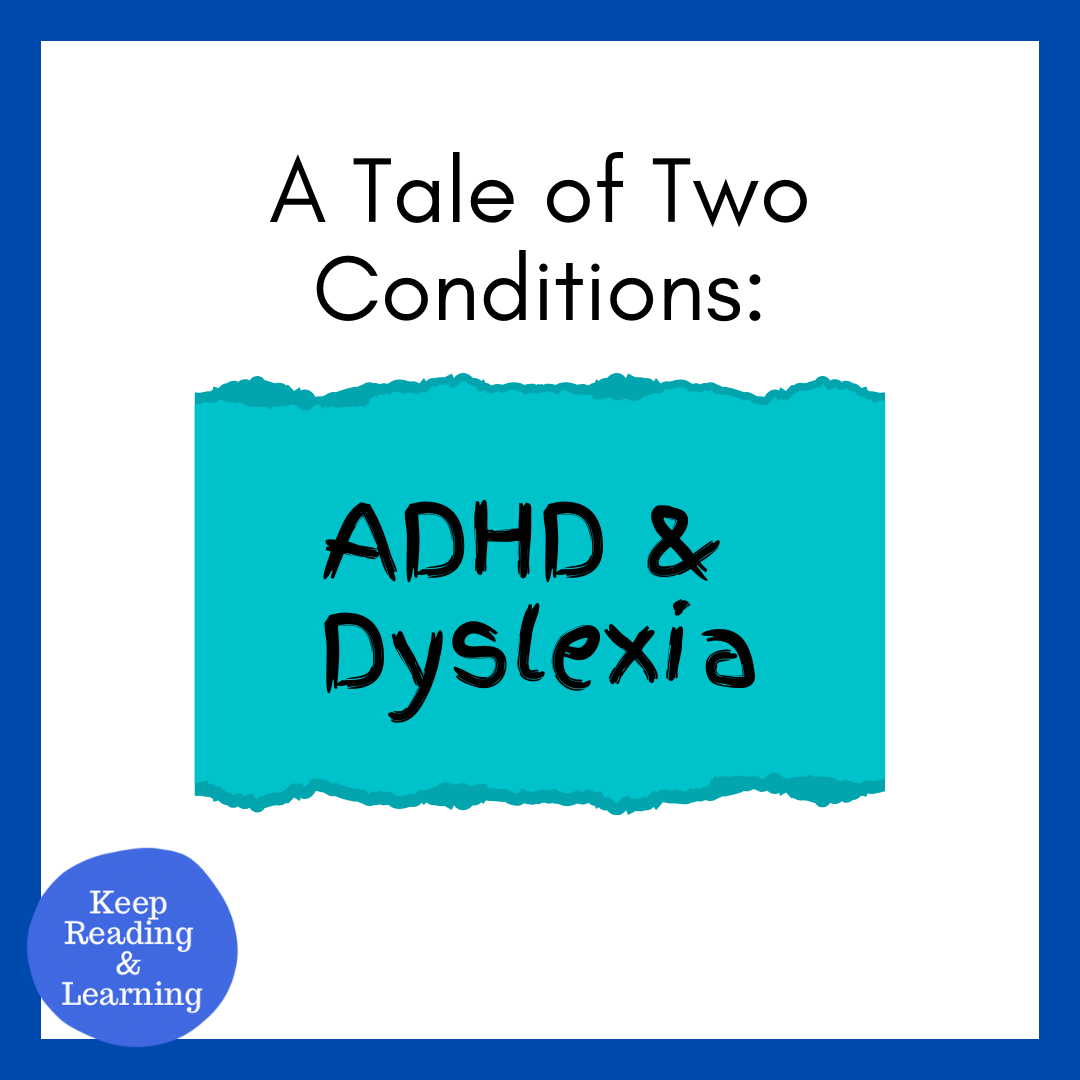
A Tale of Two Conditions – ADHD and Dyslexia
Children with dyslexia and those with Attention Deficit Hyperactivity Disorder (ADHD) often exhibit similar characteristics…
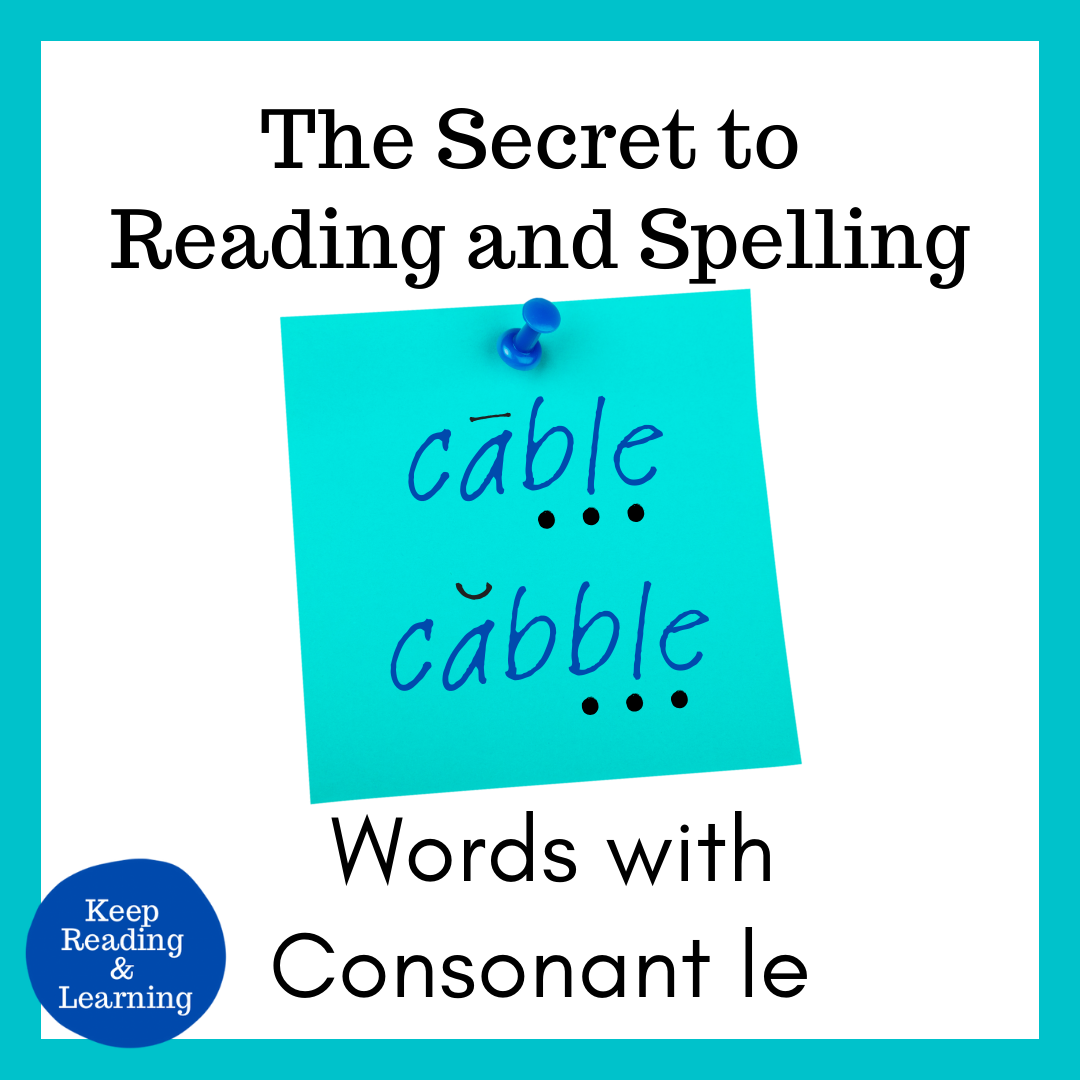
Read and Spell Consonant le Words: the Count Back 3 Strategy
Reading and spelling words with consonant le can be a tricky skill to master! Fortunately,…

10 Common Ways English Learners Can Struggle in the Classroom, Part Two
Do you have ELs in your classroom who struggle to achieve at the same rate…

Ten Common Ways English Learners Can Struggle in the Classroom, Part One
Do you have English Learners (ELs) in your classroom who struggle to achieve at the…

Holiday Gifts for Teachers Who Love Reading: Top Picks for the Classroom
Finding holiday gifts for teachers can be fun but also a little overwhelming. To make…
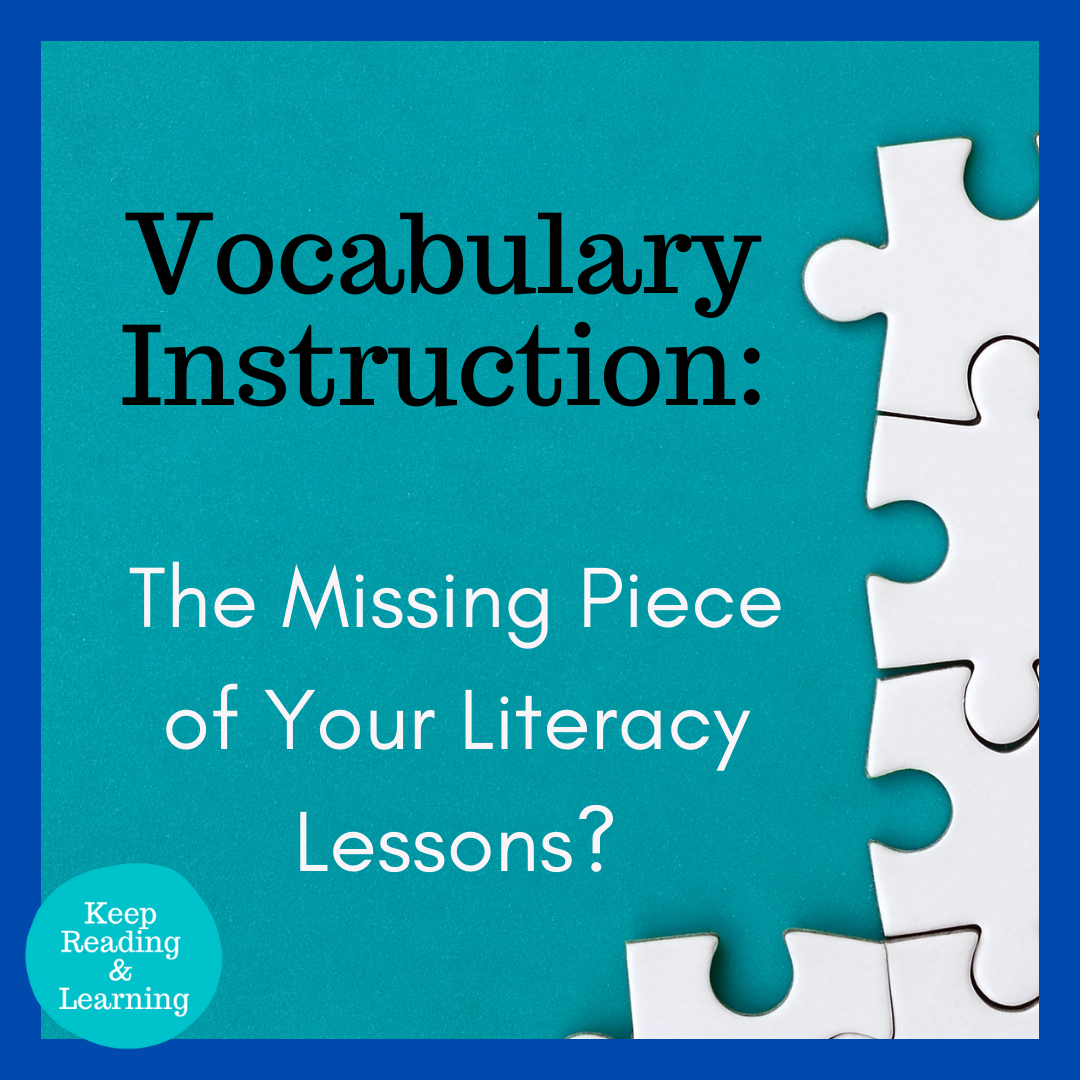
Vocabulary Instruction: The Missing Piece of Your Literacy Lessons?
Of the five components of reading instruction (phonemic awareness, phonics, fluency, comprehension, and vocabulary), vocabulary…
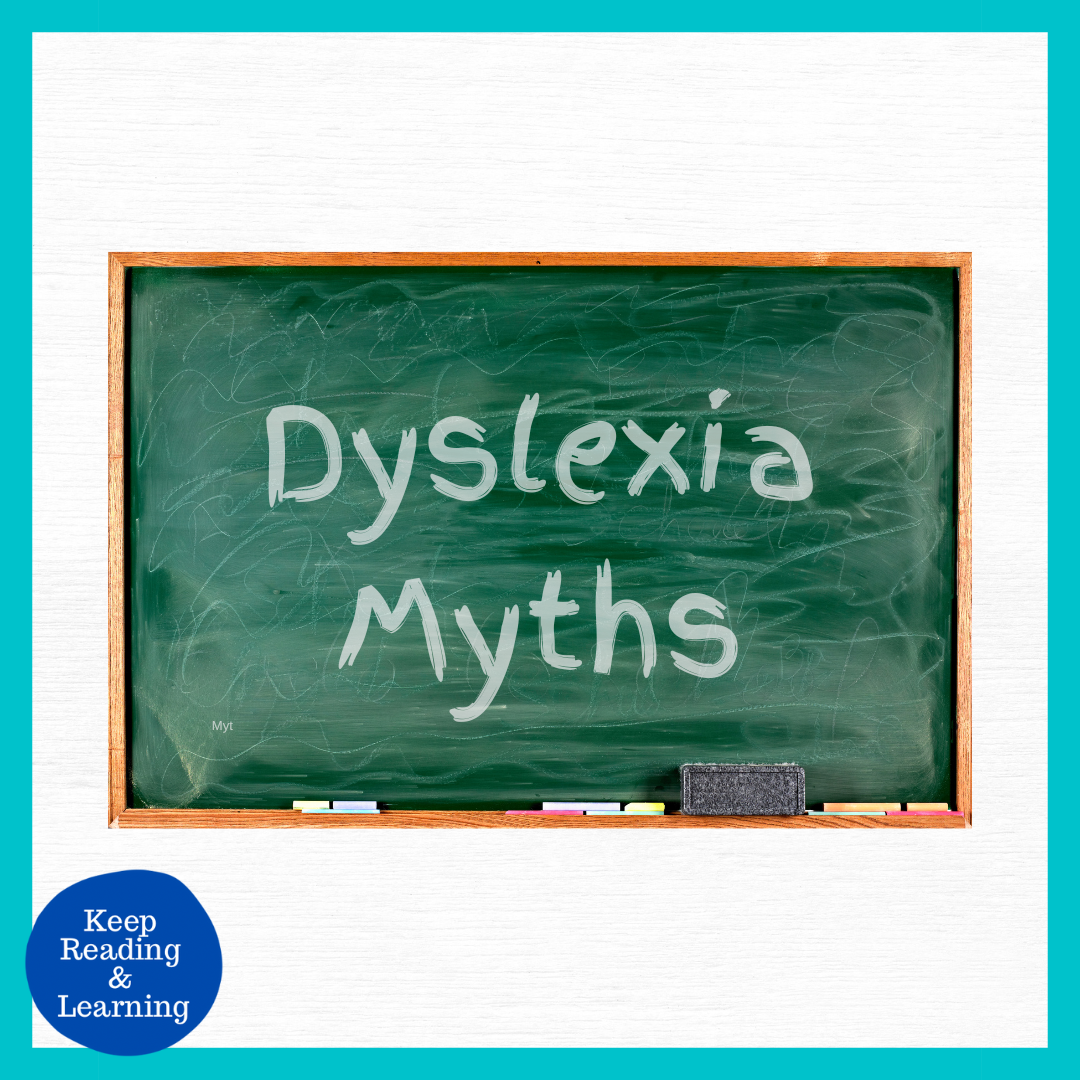
Challenging Dyslexia Myths: Seeing Beyond the Stereotypes
Dyslexia is a complex and often misunderstood learning difference that affects millions of people worldwide….
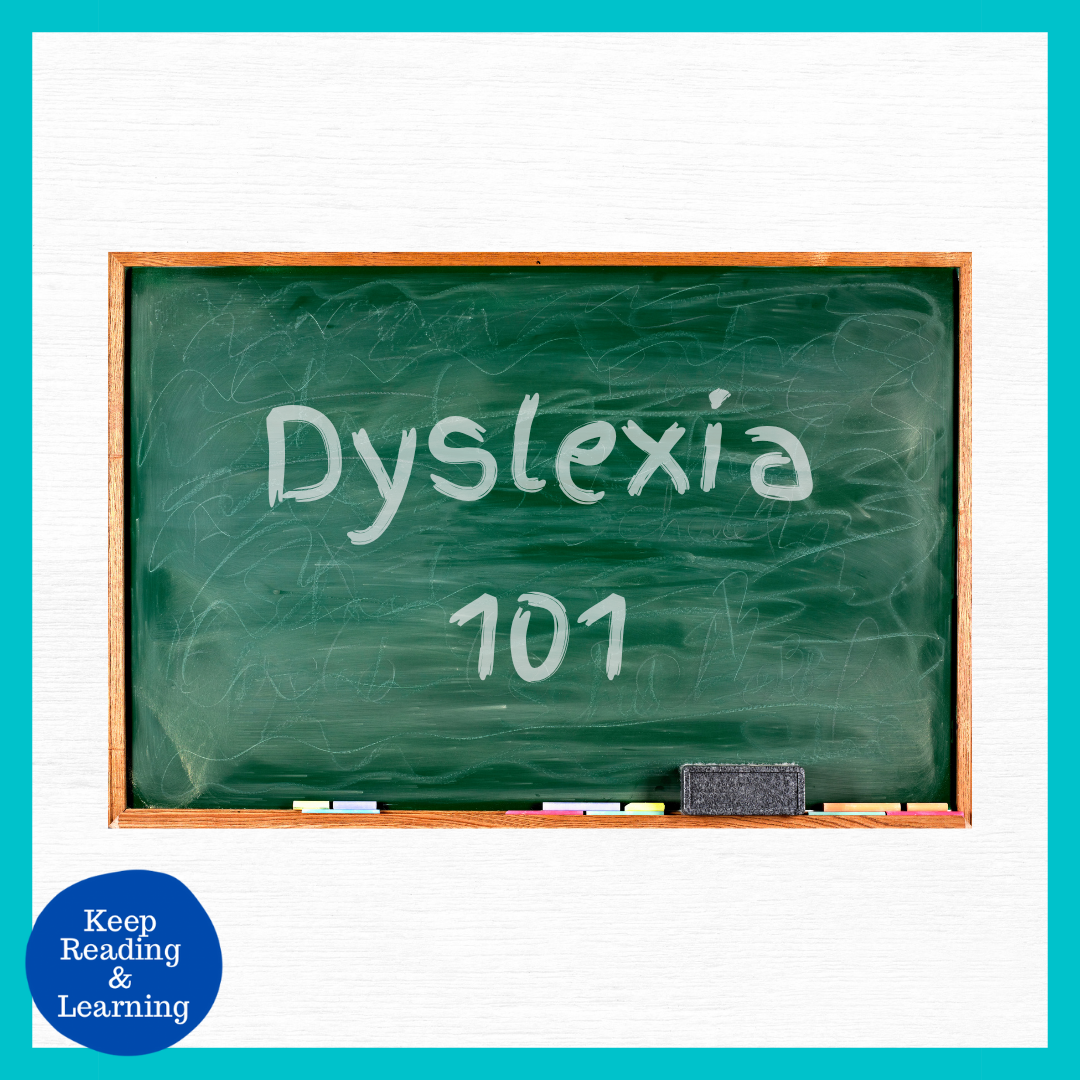
Dyslexia 101: Key Concepts Made Easy
Dyslexia Awareness Month is an annual observance held during the month of October to raise…

